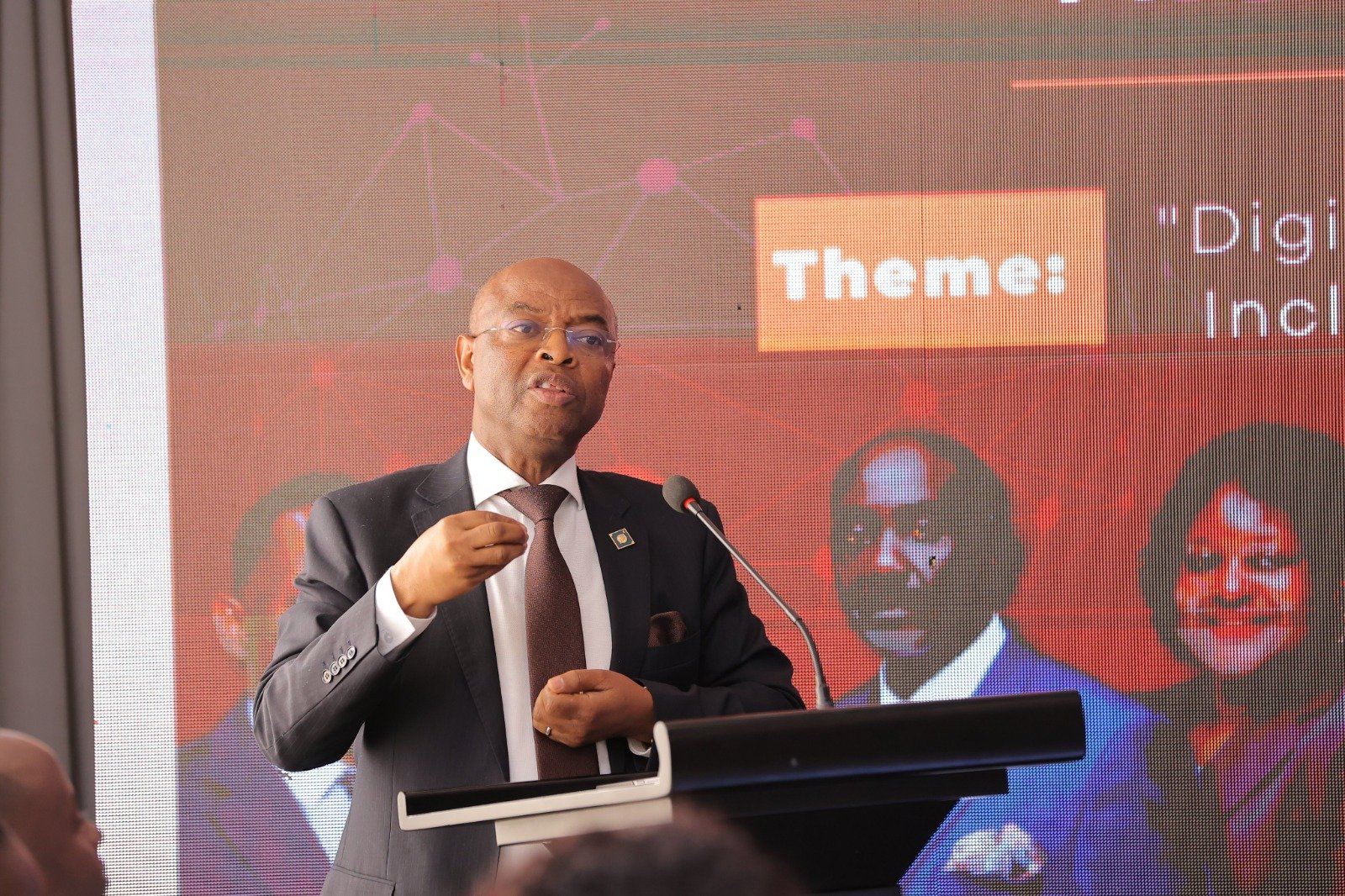Uganda Must Partner with Experts, Law Enforcement to Guard Against Cybersecurity Threats

Cybersecurity has become one of the fastest-growing global concerns, threatening financial systems, businesses, and governments.
Valued at $193.73 billion in 2024, the global cybersecurity market is projected to more than double to $562.77 billion by 2032—a reflection of the scale of investments needed to fight cybercrime.
In Uganda, the risks are increasingly urgent. The Uganda Communications Commission (UCC) recorded more than 40 million cyber intrusion attempts in 2023, targeting government institutions, banks, and private businesses.
The Uganda Police Cybercrime Unit further revealed that Ugandans lost Shs25 billion in 2022 alone through phishing scams, online fraud, and digital money theft.
Economist and Bank of Uganda Deputy Governor, Prof Augustus Nuwagaba, has now urged Uganda to strengthen partnerships with cybersecurity experts and law enforcement agencies to safeguard critical systems.
“We need to work with cybersecurity experts and law enforcement agencies to devise means of protecting our systems from cyber threats,” Prof. Nuwagaba said.
“The financial sector, in particular, is highly vulnerable, and fintech companies are at greater risk due to their reliance on digital platforms.”
Uganda’s rapid digital adoption has magnified the challenge. Mobile money, which now processes transactions worth over Shs170 trillion annually, has attracted cybercriminals exploiting system hacking, SIM swap fraud, and identity theft.
Prof. Nuwagaba emphasized a three-pronged approach:
- Awareness and Education – “Cybersecurity is not just a technical issue; it is about awareness,” he noted, adding that many Ugandans fall victim to fraud due to ignorance.
- Investment in Safeguards – Banks, businesses, and government agencies must deploy robust firewalls, intrusion detection systems, and secure data storage.
- Collaboration and Enforcement – Stronger cooperation between regulators, private companies, and law enforcement is vital, alongside regional coordination to curb cross-border threats.
Globally, cybercrime is forecast to cost businesses $10.5 trillion annually by 2025, according to Cybersecurity Ventures. For Uganda, experts warn that inaction could erode investor confidence, weaken trust in digital finance, and expose millions to financial loss.
“Let us take cybersecurity as everyone’s responsibility,” Prof. Nuwagaba stressed. “Whether you are an individual, a business, or a government agency, you must take precautionary steps to protect yourself from these threats.”
Uganda’s National Information Technology Authority (NITA-U) has already rolled out a National Cybersecurity Strategy to reduce vulnerabilities and improve response capacity.
However, gaps in enforcement, funding, and private sector participation persist.
As Uganda seeks to position itself as a digital economy hub in East Africa, experts insist that strengthening cybersecurity today could save billions in losses tomorrow.



0 Comments